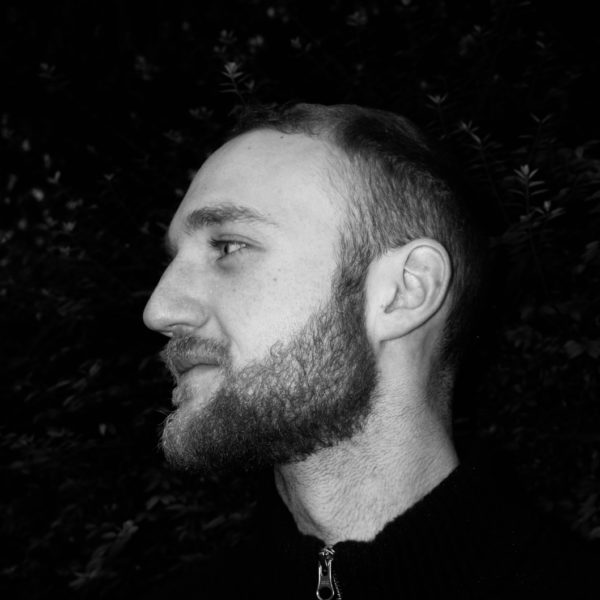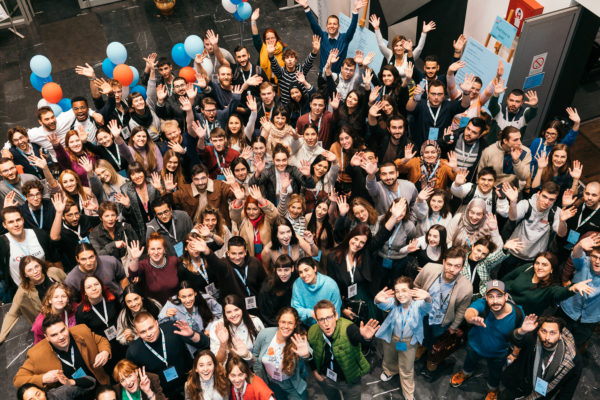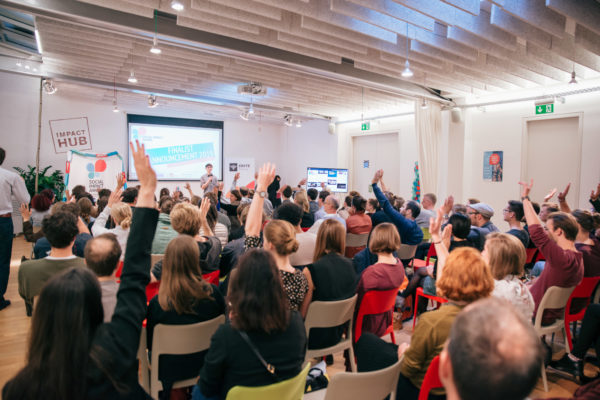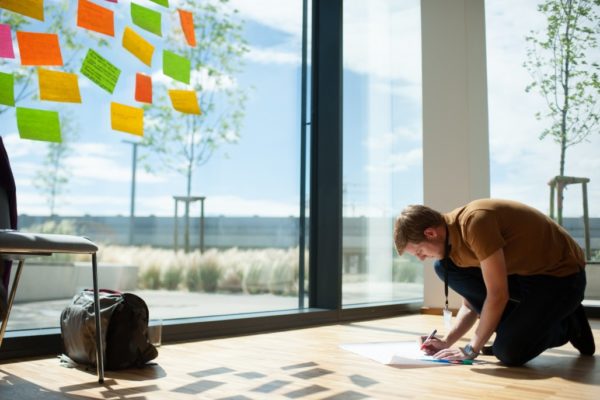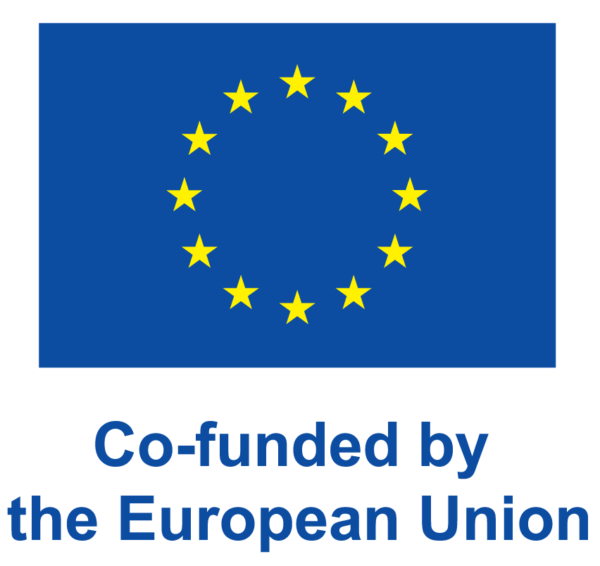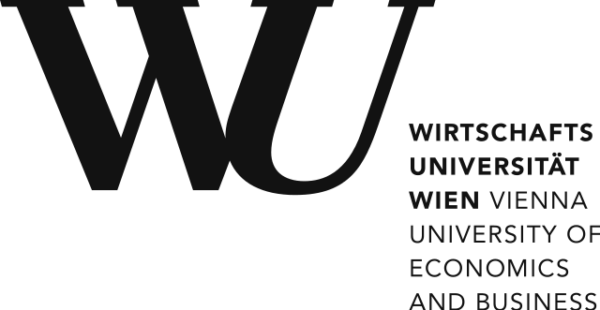
Is Social Entrepreneurship About to Change Forever?
With in-person gatherings kicking off once again, European heads of state and government officials met in Portugal for the Porto Social Summit. The Summit aims at setting the European agenda […]
With in-person gatherings kicking off once again, European heads of state and government officials met in Portugal for the Porto Social Summit. The Summit aims at setting the European agenda for the next decade to ensure Europe faces the challenges of the present and of the future without leaving anyone behind.
For the first time ever, members of the European social entrepreneurship ecosystem were invited to attend. One of these lucky invitees was Neven Marinovic, President of Euclid Network and Executive Director of Smart Kolektiv in Serbia. As Neven is also a member of Social Impact Award’s advisory board, Jakob Detering, Managing Director of SIA, had the pleasure of sitting down with him (over zoom) to discuss his experience at the Summit and how policy-makers envision the future of social entrepreneurship.
We hope you enjoy.
If you prefer listening to the 20 minute conversation rather than reading through, we uploaded it to youtube.
Neven, thank you so much for taking the time! A few weeks ago, you had the chance to participate in a pretty fancy conference. Before we dive into the content of the Summit, I’m curious to know: how was the atmosphere at the conference, considering it was one of your first in-person conferences since the start of the pandemic?
For me personally it was very exciting because it was not only one of my first in-person events but also my first opportunity to travel abroad in a very long-time. From the start of the journey, not just at the conference, you can sense that things have changed. There is tension in the air already at the airport. Although the event was a unique opportunity to get together, it was heavily influenced by the COVID protection measures. We needed to keep distance from one another, which stopped us from having informal one-on-one conversations with people.
It did take away a lot from the purpose of the event, since such a big part of these events is meeting and interacting with people directly, which we could not do as easily.
Now, as for the content. The summit resulted in the adoption of the Porto Declaration on Social Affairs, which, as I understand it, puts emphasis on an inclusive recovery from the COVID-19 pandemic. What is meant by that?
I think the main point being made at the event, with the heads of state of all European Countries, leaders of the Parliament, of the European Commission, and all others is that Europe will not abandon their welfare state model. They acknowledged that even when facing this economic crisis and all kinds of other issues, what makes Europe unique and strong is its welfare state model. It will not only be kept but upgraded and improved with modern trends in mind.
The fact that you, in your role as the President of the Euclid Network, were invited to this event makes me think that these leaders are considering social entrepreneurship as an important part of the recovery. What do you think is these leaders’ expectations of the social entrepreneurship field?
First of all, to be quite honest, Euclid and other members of the social economy are newcomers at working with high-level political leaders. This is the first time members of our ecosystem were invited to this kind of event, which is a big step forward. Unfortunately, since these relationships are so new, we are not yet fully integrated in their understanding of policies and they don’t fully understand why we are relevant to their goals.
Second, I think they see social entrepreneurship more as a tool to address other issues like inclusion, unemployment, skills development, the green transition, etc. They don’t understand that the social economy should be a goal in itself, that it should not be marginal but rather mainstreamed and its principles should be brought into the European economic model.

To build on the last part of your statement, what are your demands for the social entrepreneurship ecosystem?
I think social entrepreneurship as a philosophy has much more transformative power than is being recognized. For the long-term health of our society, if we want to live in a healthy environment, with an economy that functions well, without putting too much pressure on people and the planet, the principles we preach as an ecosystem are the way forward. For now, it seems like social entrepreneurship is still too marginal for people to recognize its power.
When politicians think about labor rights or marginalized communities, they think of compliance. They try to make businesses more compliant with a set of issues. It should, however, be the other way around. The social entrepreneurship model already embeds these issues at the core of its work, which should be supported by governments and institutions through funding and policies to solve the issues at hand.
I want to focus on one element that is particularly important to us at SIA: youth. French President Emmanuel Macron emphasized the role of youth in the recovery effort. What do you think youth’s role should be in this and how can SIA support?
I think there is much more recognition on why it’s important to work with youth at all different levels than why it’s important to support young social entrepreneurs. SIA is in a good position because it works directly with young people, helping them build important skills and knowledge that will play a key role in the transition. It’s really crucial for SIA and other members of the ecosystem to keep engaging with young people on the implications of this transition and help them build the necessary skills that will help them stay valuable over time.

What would be your message to our more than 1000 alumni ventures working across the world whose business and impact models were and still are under substantial pressure from the pandemic? Can they be hopeful that leadership will recognize their importance and value?
I don’t want to sound unrealistic and say that everything is going great. However, I do think that social entrepreneurs across Europe should be hopeful, because there is definitely a clear understanding both at the country level and at the EU level that there should be more instruments out there to support and fund social ventures.
On the negative side, the wheels of EU bureaucracy move quite slowly. I am still quite hopeful after seeing how quickly they moved during the pandemic to mitigate the crisis. There are already policies in place, so it is just a matter of time until they become more comprehensive.
Finally, this leaves me with what we need to do as actors. We need to push harder. Some of the stakeholders were very well prepared and have been in the conversation with policy-makers for a long-time. Our goal should be to come together as an ecosystem to ensure our voice is heard and put positive pressure so the entrepreneurs we work with get the support they need.
